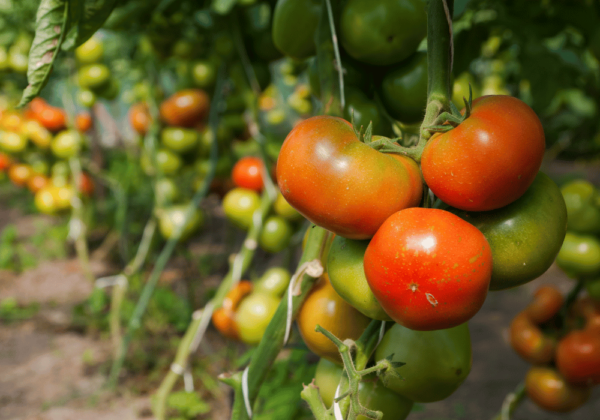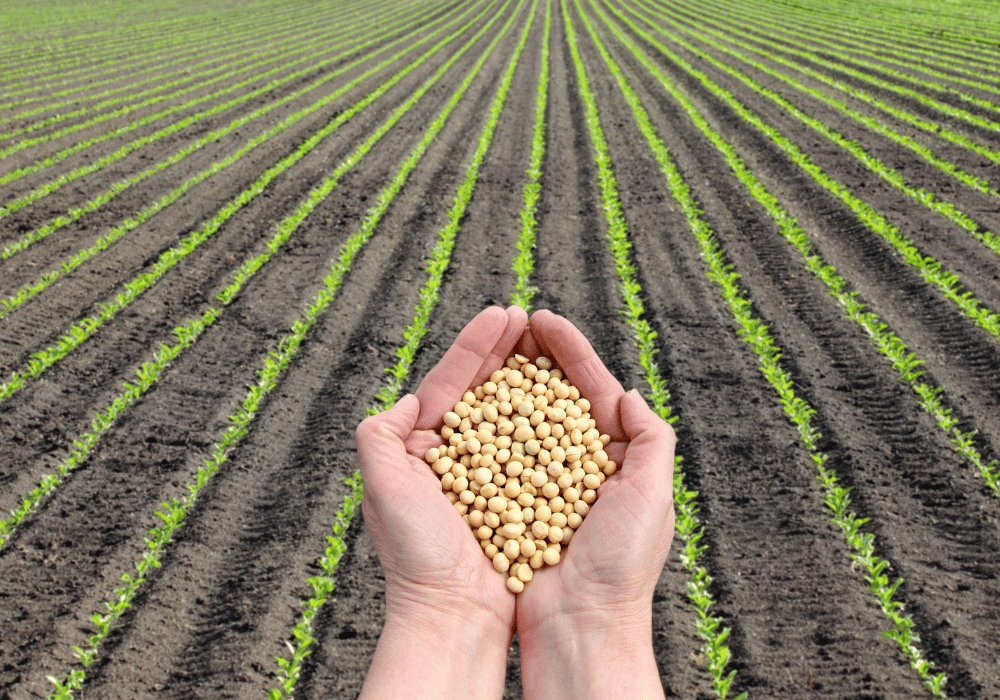Irrigation is essential for the development and growth of crops. It is an agricultural practice that involves the controlled application of water to plants or soil. It helps increase crop yield and quality while reducing water usage and labor costs. However, traditional irrigation methods can be inefficient, wasting water and energy, and causing soil damage. That’s why it’s essential to invest in modern and efficient irrigation systems. In this blog post, we will discuss three technologies your farm irrigation system should be equipped with to optimize your irrigation practices.
Automated Control System
Automated control systems are designed to manage irrigation infrastructures remotely. They use sensors and weather data to determine the right amount of water to irrigate crops and distribute the needed water efficiently. The sensors in these systems detect soil moisture levels, sunlight intensity, and air temperature and humidity. All this information is transferred to the control system, which determines when and how much water to irrigate. With an automated control system, you can conserve water and energy, reduce manual operations, and increase crop yields. Moreover, you can access and control your irrigation system from anywhere using a smartphone app or a web browser.
Agricultural Drip Irrigation Systems
 Agricultural drip irrigation is a system that delivers water directly to the root zone of the plants slowly and precisely. It reduces the amount of water needed and minimizes water loss due to evaporation or runoff. Drip irrigation is highly efficient since it targets only the tree roots where water is needed and reduces weed growth. Additionally, it minimizes the area of soil that is wet and reduces soil erosion. Moreover, it prevents waterlogging by maintaining the water content of the soil at an optimum level. Drip irrigation systems use pipes, emitters, and pressure regulators to regulate and distribute water.
Agricultural drip irrigation is a system that delivers water directly to the root zone of the plants slowly and precisely. It reduces the amount of water needed and minimizes water loss due to evaporation or runoff. Drip irrigation is highly efficient since it targets only the tree roots where water is needed and reduces weed growth. Additionally, it minimizes the area of soil that is wet and reduces soil erosion. Moreover, it prevents waterlogging by maintaining the water content of the soil at an optimum level. Drip irrigation systems use pipes, emitters, and pressure regulators to regulate and distribute water.
Soil Moisture Sensors
Soil moisture sensors are devices that measure the water content of soil. They are placed in the soil near the plant roots or at different depths to monitor soil moisture levels continually. These sensors help farmers determine the soil’s water-holding capacity and detect the soil’s water status. Soil moisture sensors help farmers optimize irrigation plans and reduce water usage by providing accurate, real-time information about soil moisture. They ensure that the plants receive just the right amount of water in different weather conditions to prevent drought stress and waterlogging.
In conclusion, optimizing your farm irrigation system is crucial for water conservation, reducing energy costs, and increasing crop yields. With an automated control system, drip irrigation, and soil moisture sensors, you can improve efficiency and avoid overwatering and water runoff. Additionally, you can save time and money and enhance crop productivity. Adopting modern irrigation technologies can increase the overall profitability of your farm. By using these technologies, you can enhance your irrigation practices and make farming more sustainable.

